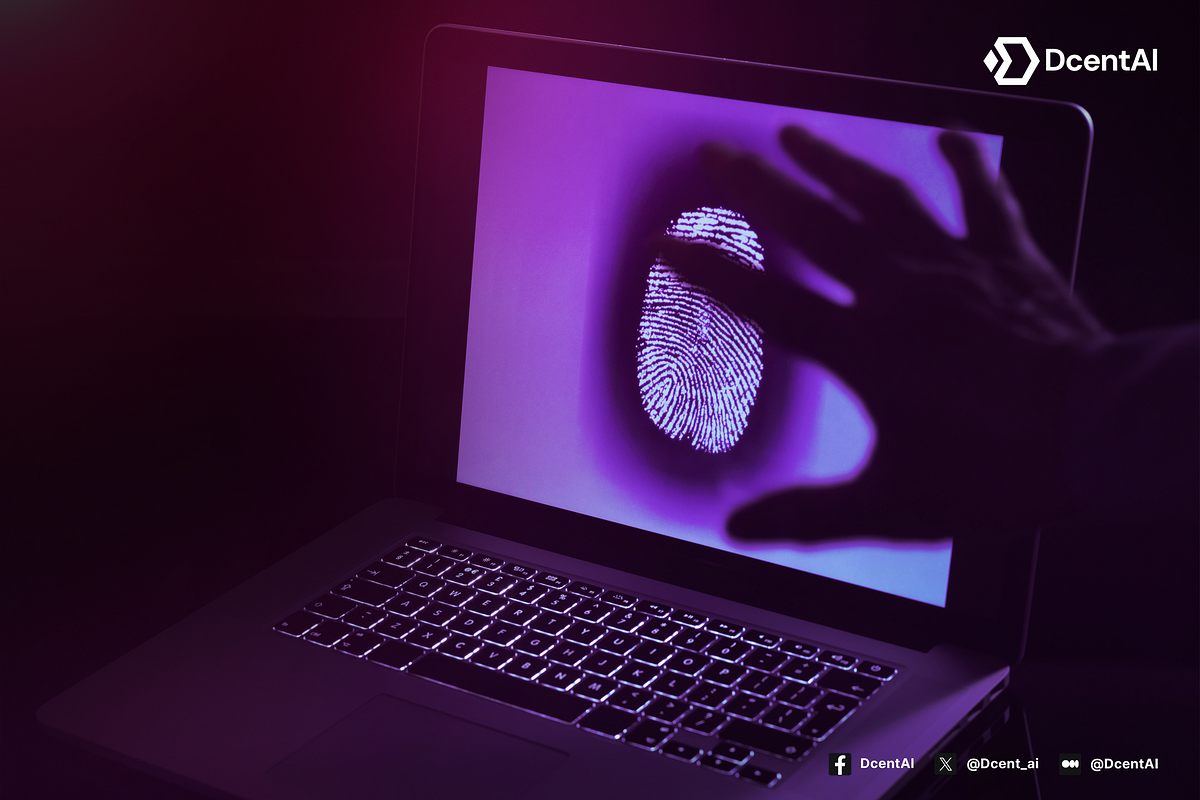Medium
1M
62

Image Credit: Medium
Decentralized AI in Biometric Authentication and Identity Management
- Decentralized AI and networks like DcentAI may transform biometric frameworks by reinforcing privacy safeguards, increasing security, and expediting identity management methods.
- Decentralized AI operates in biometric authentication through a distributed architecture that processes data across multiple nodes, enhancing security and efficiency.
- Decentralized AI lowers the threat of single points of failure frequently present in centralized frameworks by empowering real-time analysis of biometric data, such as fingerprints or facial characteristics, across several sites.
- Decentralized AI improves privacy by using a distributed processing and capacity approach that decreases the exposure of private biometric data.
- AI’s decentralized architecture significantly improves security by lowering the possibility of data spills.
- Decentralized AI gives individuals more autonomy over their biometric data, empowering them to handle it autonomously of a centralized authority.
- DcentAI helps reduce this trouble by offering reliable APIs and middleware solutions that empower smooth connectivity between decentralized AI platforms and older frameworks.
- DcentAI can address the challenge of maintaining consistent and accurate biometric data across a decentralized network by implementing advanced algorithms for data synchronization that allow for real-time updates across all nodes.
- DcentAI can assist organizations in implementing compliance frameworks that align with relevant legal requirements, including secure consent management and data handling protocols.
- Decentralized AI compares biometric data, such as fingerprints, face acknowledgment, or iris scans, with other authentication methods, such as smart cards or passwords, to improve multi-factor authentication (MFA).
Read Full Article
3 Likes
For uninterrupted reading, download the app